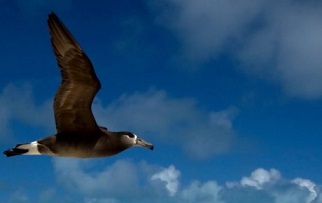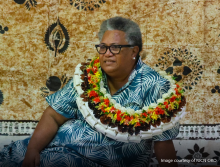
World leaders are currently updating the laws for international waters that apply to most of the world’s ocean environment. This provides a unique opportunity, marine scientists argue this week, to introduce new techniques that allow protected zones to shift as species move under climate change. In an article in the Jan. 17 issue of Science, researchers make the case for the United Nations to include mobile marine protected areas in the U.N. Convention on the Law of the Sea, or UNCLOS, now being updated since its last signing in 1982.









